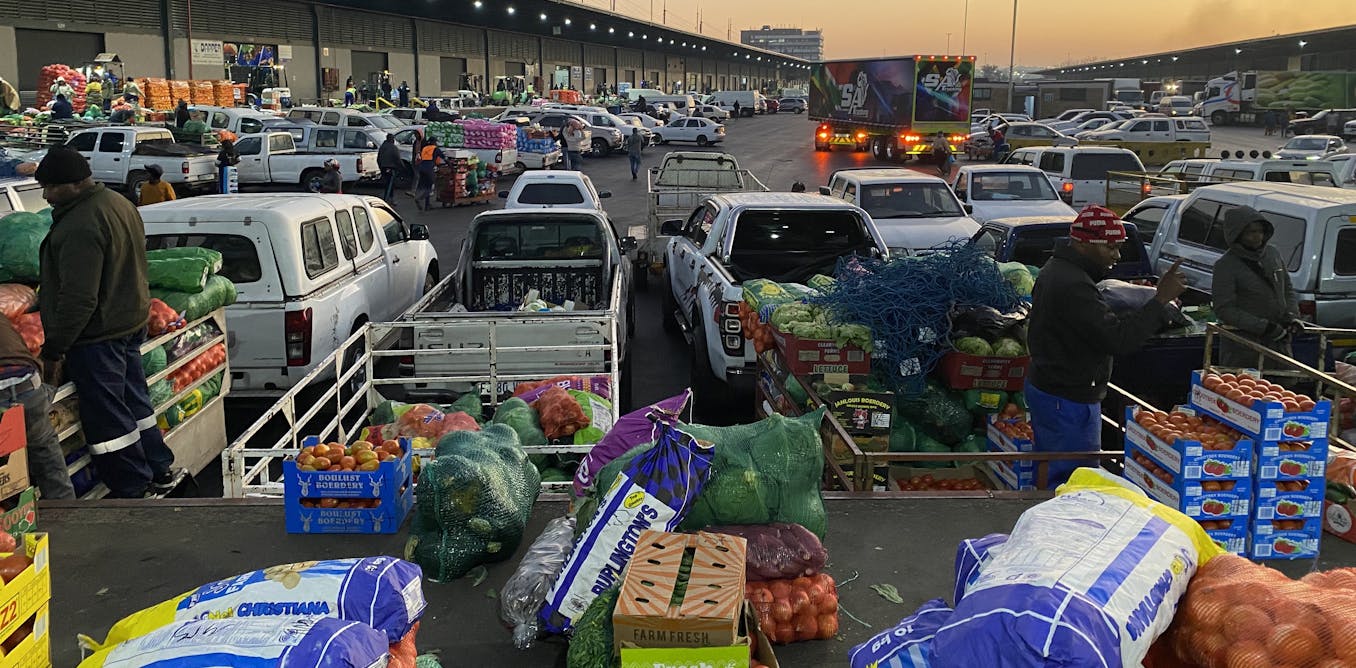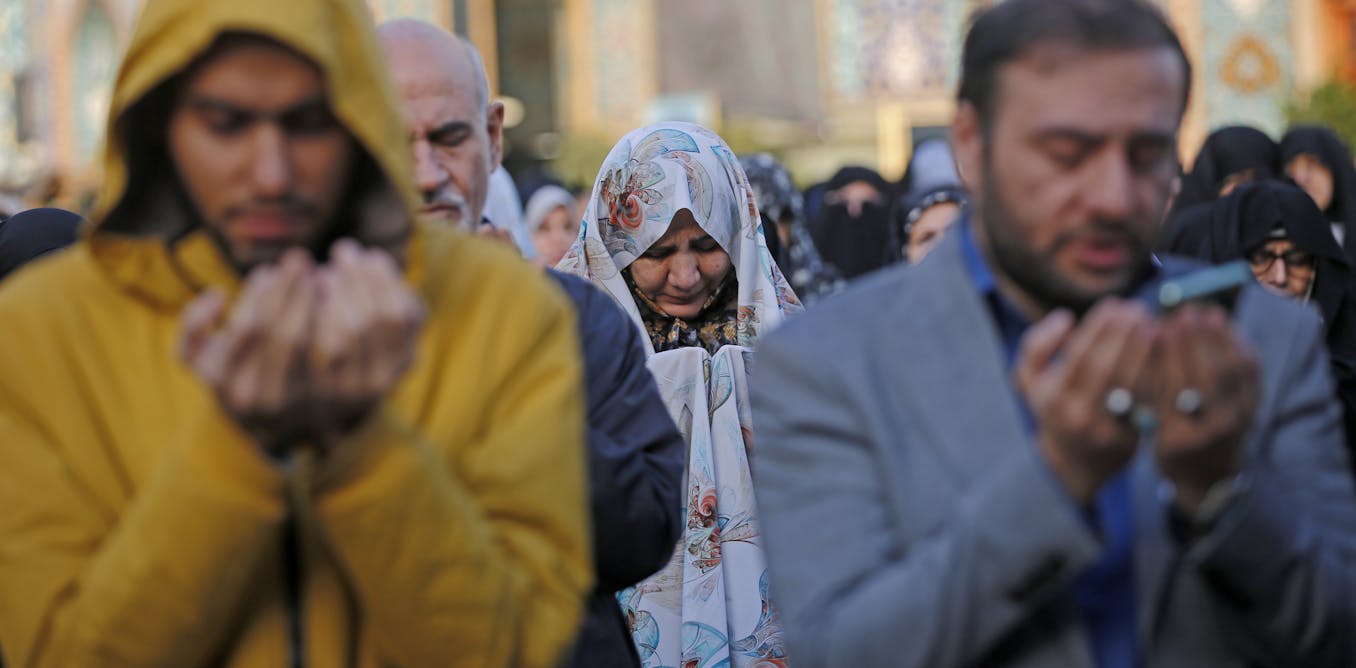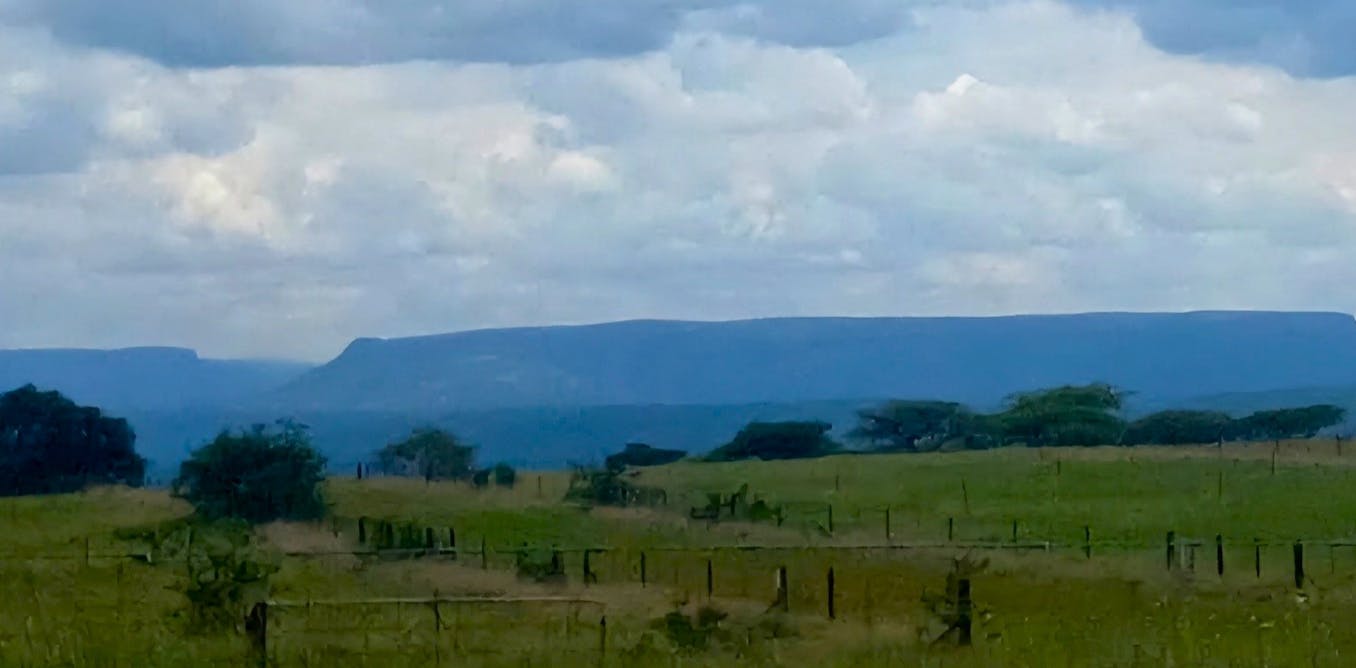Bangladesh’s Supreme Court has made a significant decision to scale back a controversial quota system for government jobs that has been the focus of widespread protests and unrest in recent weeks. The quota system, which reserved around 30 percent of government jobs for the families of veterans who fought in the country’s 1971 war of independence, has been a point of contention for many who believe that job allocations should be based on merit rather than familial connections.
The decision to reduce the quota system to 5 percent is a major step towards addressing the demands of the thousands of student protesters who have taken to the streets calling for its abolition. The protesters have been vocal in their criticism of the quota system, arguing that it perpetuates nepotism and prevents deserving candidates from securing government jobs based on their qualifications.
It remains to be seen how the protesters will react to this new ruling. While it represents a significant victory for those who have been advocating for merit-based job allocations, it is likely that there will be continued pressure on the government to further reform the system to ensure fair and equal opportunities for all job seekers.
The protests and unrest that have surrounded the quota system have resulted in dozens of deaths, underscoring the deep-seated frustration and grievances that many in Bangladesh have felt over the issue. The Supreme Court’s decision to scale back the quota system is a crucial step towards addressing these grievances and working towards a more equitable and transparent system for government job allocations.
Watch the video by DW News
Video “Bangladesh Supreme Court scales back quota system after deadly protests | DW News” was uploaded on 07/21/2024 to Youtube Channel DW News







































Leave a Reply